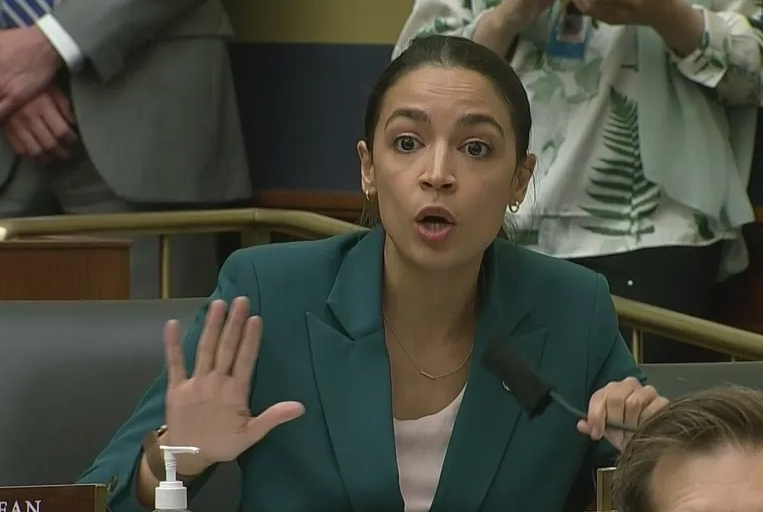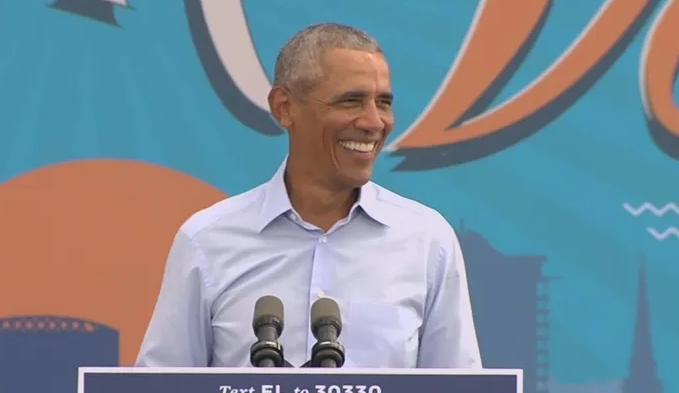Naomi Lim of the Washington Examiner reports on Democrats looking toward November.
After months of the White House dismissing midterm election questions, President Joe Biden is shifting his focus toward November, when the Democrats’ congressional majorities will be on the ballot.
Biden’s first in-person presidential Democratic National Committee fundraiser Monday night marks a turning point for Democrats amid criticism of Biden’s lack of donor events and a cohesive partywide fall message.
The 2022 outlook for Democrats is “gloomy” given the “powerful” forces conspiring against them in November, according to political commentator Costas Panagopoulos.
“Throw in lackluster approval ratings for Biden, soaring inflation and gas prices, and mixed signals overall in the economy,” he told the Washington Examiner.
But the fall is not a Republican fait accompli, Panagopoulos advised, as the Russia-Ukraine war upends the U.S. political milieu.
“There are bright signs for the president and for the party in November, including recent victories in redistricting battles that may help in some House races, problematic GOP candidacies for the Senate and, depending on how things play out, a crisis in Ukraine that may cause many Americans to rally around the flag and Biden and boost his ratings, thereby helping in the midterms,” he said.
Democrats will likely contest the elections having notched only one big partisan win during Biden’s first two years in office: the $2 trillion American Rescue Plan. The party touted the legislation’s anniversary last week, which preceded the $1 trillion bipartisan infrastructure deal. Members argue that the measures have increased gross domestic product and job creation, with polling indicating that the economy is the public’s top concern.
“The American economy was flat on its back. It was the Democrats — it was you that brought us back,” Biden said last week at the House Democratic Caucus Issues Conference in Philadelphia.
The House Democratic conference, aside from potentially being a COVID-19 superspreader event, was intended to demonstrate Democratic unity. But the caucus left the battleground state divided on its agenda for the rest of the year.


